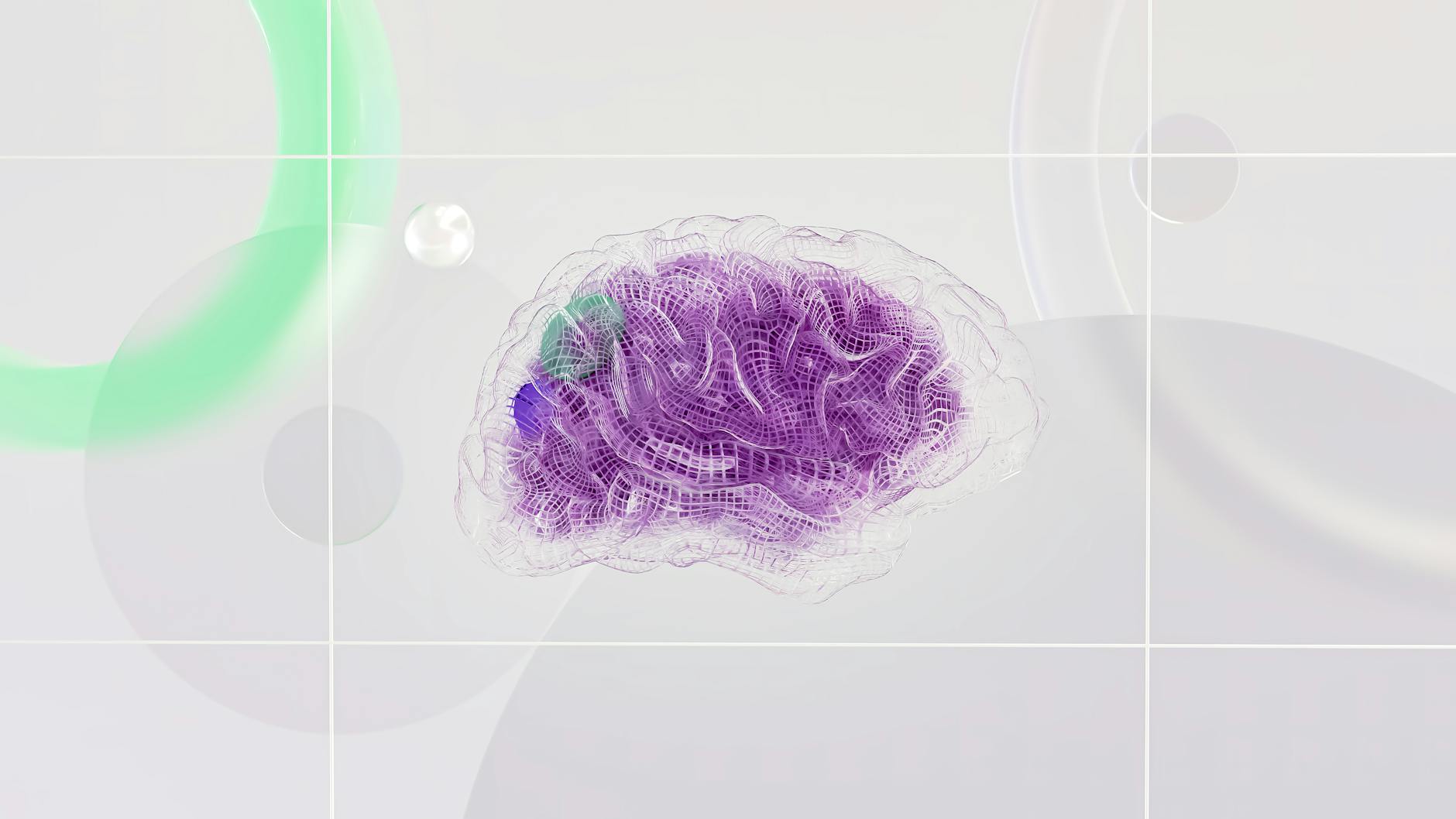Next-Gen AI Teased: GPT-5 Alpha Spotted in the Wild | Google’s Embedding Dominance & Netflix’s AI Leap

Key Takeaways
- An alpha version of OpenAI’s GPT-5, reportedly showcasing advanced reasoning capabilities, has been discovered online, stirring significant industry buzz.
- Google’s new Gemini Embedding model has seized the top spot on the MTEB benchmark, signaling intensifying competition in foundational AI models.
- Netflix confirmed its use of generative AI in a major sci-fi series, “The Eternaut,” highlighting AI’s role in cutting production costs and accelerating VFX.
- Salesforce announced its AI has powered over a million customer conversations, notably reducing support load and improving AI’s empathetic responses.
- OpenAI unveiled its ChatGPT agent System Card, detailing safeguards and frameworks for its powerful new agentic models combining browser automation and code tools.
Main Developments
The AI landscape continues its relentless march forward, with a major development emerging from the shadows this week: an alpha version of OpenAI’s much-anticipated GPT-5, featuring enhanced reasoning capabilities, has reportedly been spotted in the wild. This “GPT-5-reasoning alpha,” as hinted by a fleeting online appearance, immediately ignited speculation across the tech community. While details remain scarce, the mere suggestion of a next-generation model from OpenAI capable of more sophisticated reasoning signals a significant leap in large language model evolution and promises to redefine what AI can achieve in complex problem-solving.
This revelation comes as the foundational model space heats up, with Google making a substantial move on the technical front. Its new Gemini Embedding model has officially dethroned competitors, claiming the #1 position on the MTEB benchmark. This achievement underscores Google’s deep commitment to advancing core AI technologies, particularly in the realm of understanding and representing complex data, a critical component for everything from search to advanced generative AI applications. The MTEB leaderboard, a key indicator of model performance, now reflects Google’s dominance, though fierce competition from both closed and open-source alternatives continues to close the gap.
Beyond core model advancements, AI’s practical integration into industries is accelerating. Entertainment giant Netflix made headlines by admitting its use of generative AI in “The Eternaut,” a prominent sci-fi series. This marks a significant first for one of the streamer’s original productions, with Netflix co-CEO Ted Sarandos citing faster production cycles and substantial cost savings as key motivators during an earnings call. The successful deployment of AI for visual effects in a major production like “The Eternaut” serves as a powerful testament to generative AI’s growing utility and transformative potential in content creation, signaling a broader adoption trend across Hollywood.
In the enterprise sector, Salesforce showcased remarkable progress in customer service automation. The company announced its AI-powered solutions have now handled over one million customer conversations, successfully cutting support loads by an impressive 5%. Perhaps more notably, Salesforce highlighted breakthroughs in teaching its AI bots to express empathy, even capable of delivering a nuanced “I’m sorry.” This achievement points to a maturing of enterprise AI, moving beyond mere efficiency gains to enhance the quality and human-like interaction of automated customer service.
As AI capabilities expand, so too does the industry’s focus on responsible deployment. OpenAI, a leader in AI development, released its ChatGPT agent System Card. This critical document outlines the robust safeguards and frameworks under OpenAI’s Preparedness Framework designed to govern its powerful new agentic models. These agents, which unite advanced research capabilities with browser automation and code tools, represent a significant leap towards autonomous AI. The System Card emphasizes the importance of controlling these sophisticated agents, ensuring their alignment with human values, and mitigating potential risks as they become more integrated into complex workflows.
Analyst’s View
The week’s news paints a vivid picture of AI’s multi-faceted evolution, from cutting-edge research to real-world application and necessary guardrails. The rumored GPT-5 alpha is the true headliner; if confirmed, it signals a critical inflection point where AI’s reasoning capabilities could unlock entirely new paradigms for problem-solving. This theoretical leap is complemented by Google’s concrete progress in embedding models, illustrating the ongoing arms race for foundational AI superiority. What we’re seeing is not just better AI, but more practical, cost-effective AI being adopted by major players like Netflix and Salesforce. However, the release of OpenAI’s agent System Card is arguably as significant. As AI models become increasingly “agentic” and capable of autonomous action, the industry’s focus must shift decisively towards robust safety protocols and transparent governance. The next phase of AI will be defined by how successfully we balance unprecedented capability with responsible deployment, a tension that will only grow more acute with models like GPT-5 on the horizon.
Source Material
- New embedding model leaderboard shakeup: Google takes #1 while Alibaba’s open source alternative closes gap (VentureBeat AI)
- GPT-5-reasoning alpha found in the wild (Hacker News (AI Search))
- Netflix admits it used generative AI in a big sci-fi hit to cut costs (The Verge AI)
- Salesforce used AI to cut support load by 5% — but the real win was teaching bots to say ‘I’m sorry’ (VentureBeat AI)
- ChatGPT agent System Card (OpenAI Blog)